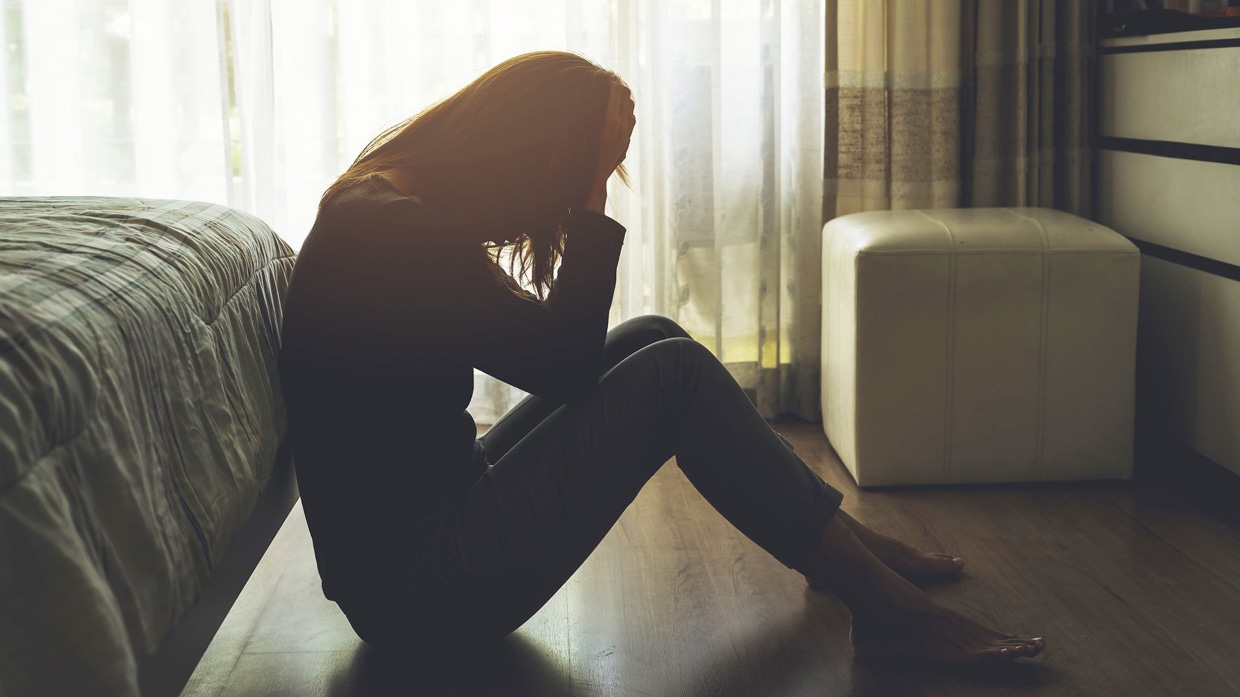
Depression is a common mental health condition affecting millions of people worldwide. It is a mood disorder that can cause persistent sadness, hopelessness, and loss of interest in daily activities.
Depression can affect people of all ages, races, and backgrounds, significantly impacting their quality of life. Let’s go through an overview of depression, including its symptoms, causes, and treatment options.
Table of Contents
Major Symptoms of Depression
Depression can manifest in various ways, and the symptoms can vary from person to person. Some common symptoms of depression include:
- Persistent feelings of sadness or hopelessness
- Loss of interest in activities that were once enjoyable
- Changes in appetite or weight
- Trouble sleeping or sleeping too much
- Fatigue or lack of energy
- Difficulty concentrating or making decisions
- Thoughts of suicide or self-harm
It is important to note that not everyone with depression experiences all these symptoms, and some may experience additional symptoms not listed here. If you or someone you know is experiencing any of these symptoms, seeking help from a mental health professional is important.
Core Causes of Depression
The causes of depression are complex and multifactorial. Depression can be caused by a combination of genetic, biological, environmental, and psychological factors. Some common factors that can contribute to the development of depression include:
- Genetics: Research suggests that depression can run in families, and certain genetic variations may increase a person’s risk of developing depression.
- Brain Chemistry: Imbalances in certain neurotransmitters, such as serotonin and dopamine, can contribute to the development of depression.
- Environmental Factors: Traumatic events, such as the death of a loved one or a serious illness, can trigger depression. Chronic stress, social isolation, and substance abuse can also increase a person’s risk of developing depression.
- Psychological Factors: Low self-esteem, negative thinking patterns, and a history of trauma or abuse can all contribute to the development of depression.
Possible Treatment Options
Fortunately, depression is a treatable condition. Treatment for depression typically involves a combination of medication, psychotherapy, lifestyle changes or counseling for depression. Some common treatment options for depression include:
- Antidepressant Medication: Antidepressant medication can help to rebalance neurotransmitters in the brain and reduce symptoms of depression. There are several types of antidepressants, and it may take some trial and error to find the best medication for an individual.
- Psychotherapy: Psychotherapy, also known as talk therapy, can help individuals with depression identify and address negative thinking patterns and behaviors contributing to their symptoms. Some common types of psychotherapy for depression include cognitive-behavioral therapy (CBT), interpersonal therapy (IPT), and psychodynamic therapy.
- Lifestyle Changes: Lifestyle changes, such as regular exercise, healthy eating, and good sleep hygiene, can help to improve symptoms of depression. Additionally, reducing stress, socializing with friends and family, and engaging in enjoyable activities can all help to improve mood and reduce symptoms of depression.
- Alternative Therapies: Some individuals may benefit from alternative therapies, such as acupuncture, yoga, or meditation, in combination with traditional treatments for depression. It is important to discuss any alternative therapies with a mental health professional before starting them.
Prevention Strategies for Depression
While depression can be difficult to prevent, there are steps individuals can take to reduce their risk of developing depression. Some strategies for preventing depression include:
- Building a Support System: Strong social connections with friends and family can help to reduce the risk of depression. Trying to maintain these relationships, even during times of stress, can be helpful.
- Practicing Self-Care: Taking care of oneself, both physically and emotionally, can help to reduce the risk of depression. This can include regular exercise, healthy eating, good sleep hygiene, and engaging in activities that bring joy and fulfillment.
- Seeking Treatment Early: If an individual is experiencing symptoms of depression, it is important to seek treatment as soon as possible. Early intervention can help to prevent symptoms from worsening and reduce the risk of complications.
- Managing Stress: Chronic stress can contribute to the development of depression. Finding healthy ways to manage stress, such as meditation, deep breathing, or talking with a therapist, can help to reduce the risk of depression.
Strategies for preventing depression include building a support system, practicing self-care, seeking treatment early, and managing stress. Complications of depression can include substance abuse, social isolation, relationship problems, and suicide. However, these complications can often be prevented or managed with proper treatment. If you or someone you know is experiencing symptoms of depression, it is important to seek help from a mental health professional.

Manage Depression and Regain Happiness
Depression is a common and treatable mental health condition that can significantly impact a person’s quality of life. Symptoms of depression can include persistent feelings of sadness or hopelessness, loss of interest in activities, and thoughts of suicide or self-harm.
Depression can be caused by a combination of genetic, biological, environmental, and psychological factors. Treatment for depression typically involves a combination of medication, psychotherapy, and lifestyle changes. If you or someone you know is experiencing symptoms of depression, it is important to seek help from a mental health professional.






